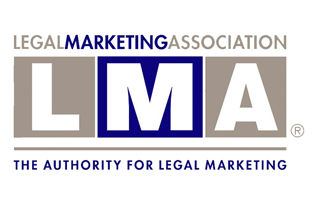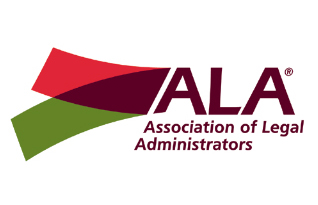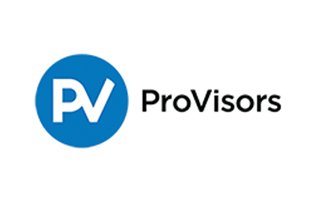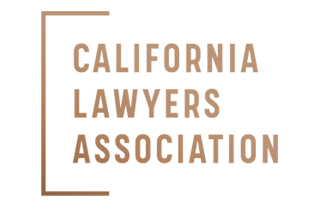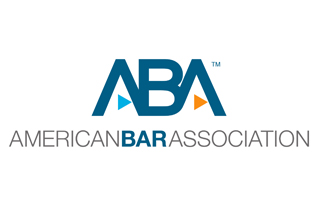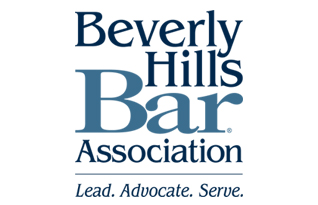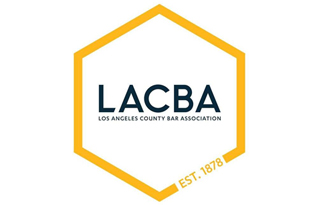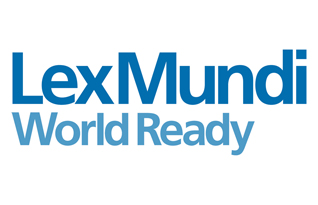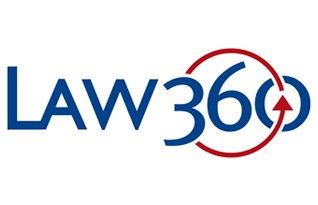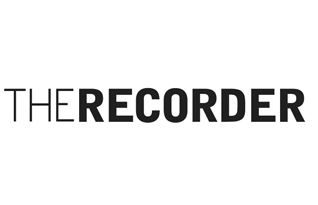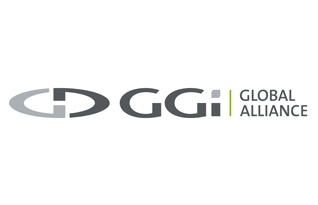Online communities boast more than 400 million users worldwide, composing more than 160 million groups, spending upwards of 500 billion minutes per month discussing celebrity gossip and, oh yeah—you.
Whether you realize it or not, you are a part of the social media craze. Your brand is based on loads of information that exists in cyberspace for the world to see, with or without your knowledge. What are you proactively doing to monitor and manage such information?
Trying to control your online reputation is becoming a time-consuming feat. Before social media exploded onto the scene, a vehicle for the rapid dissemination of positive or negative information, water cooler gossip, had a limited reach and could be easily squashed by confronting the perpetrator.
Today, maintaining privacy has been kicked up a huge notch, going beyond our immediate social circles and professional contacts. Our reputation also incorporates the perceptions of potentially hundreds of millions of individuals, many of whom we’ve never met, but who actively participate in social media. Anyone connected to such sites as Facebook, LinkedIn, YouTube and Twitter, among others, has the power and ability to potentially affect your career, your relationships, or new business prospects.
Google Yourself
Let’s assume someone Googles you or your firm and finds derogatory information. In an instant, that person’s perception could be significantly impacted. Information could include the rantings of a disgruntled former employee, a reply to a blog posting, unflattering pictures, or someone with your name. In any case, your brand has been
compromised.
Luckily, the tools used to potentially destroy can also be employed to positively promote. Sites like Google, Yahoo and YouTube are no longer just search engines, they are reputation engines and can be used to monitor information about you, your firm, or your clients. Winning any reputation war is learning what information is available to others.
This is most easily done through an Internet search. However, we cannot expect a single outlet, like Google, to catch everything. Spend an hour or so a month looking for mentions of you or your firm on various search engine sites. Set-up a Google alert based on your topic of choice. Google alerts can be set-up to monitor your name, your firm,
your clients, or a host of topics relevant to your life.
In addition to user-generated information social media sites, there are sites like Pipl, Spock and ZoomInfo that stockpile information about you gathered from various Websites. These sites then present the information to the world in a “profile” type format. Because the information is being assembled automatically, it is not uncommon for such sites to be inaccurate,which can be particularly troubling for those who have the same name as a criminal. Additionally, some sites utilize “bot software,” which selectively pulls individual words from social media sites and adds them as “tags” to your
online profiles. Taken out of context, some tags can be extremely damaging.
Reputation Remedies
In a flash, your reputation is at the mercy of search engines, blogs, and social media outlets, none of which have a sterling reputation for accuracy. Identity theft, defamation, mistaken identity, and youthful indiscretions are just a few of the things that can come back to bite you when you least expect it. Sure, there is a legal path to deal with some of these things and those laws worked well with printed materials, but they are less effective against the Internet.
Fortunately, there are ways to fight back and hopefully avoid such occurrences. It starts with discovering the depth and breadth of your Internet footprint. If you become aware of incorrect information, contact the specific site and request to have the information removed or corrected. The directions for doing so are often found on the site’s privacy policy or contacts page. Utilize companies, like Reputation Defender, a monitoring service that searches social media and directory listings associated with your name. Such services will email you whenever information–positive or negative– associated with your name is changed or updated.
Don’t forget Wikipedia, which is often more accurate than Encyclopedia Britannica. An incorrect or defamatory entry may exist without your knowledge. If you or your firm has a Wiki page, monitor it regularly for erroneous edits. If you find incorrect information, contact the site’s editors and ask for it to be removed.
Become An Active Participant
With hundreds of social media outlets and your limited time, choose one or two that are most relevant to you. Every social media outlet is an opportunity for you to promote your brand; it is also an opportunity for others to comment and rant. Careful and regular monitoring of your social media profiles allows you to delete posts that may be
pejorative, ensuring an accurate and consistent message.
LinkedIn is a social networking site focused on the business community. Having a profile on LinkedIn, where you can connect with professional contacts, is a great way to stay top-of-mind and relevant with those who can affect your bottom line–clients, prospects and referral sources.
Many have chosen to use Facebook exclusively for personal connections. That said, it is still critical to monitor and manage your out-of-the-office brand. Avoid posting potentially embarrassing or overly personal information. For optimum control over what people see, become familiar with Facebook’s privacy settings and use them to your advantage.
Twitter, a micro-blog, provides your contacts with information on what you are doing and what you find interesting enough to share with your online network. Updates on Twitter, called Tweets, are automatically sent to members of your network in real time.
You can also “follow” leaders in your industry to be one of the first to know when something newsworthy happens and be at the forefront of responding to pertinent issues.
Your Social Media Sites
Recently, the law firm’s reputations took a hit with the introduction of a new feature called Facebook Community pages. The result, Bimbos at Baker & McKenzie. Slaves at Skadden, Arps, Slate, Meagher & Flom.
Many companies and virtually every major law firm, without their knowledge, now have their own Facebook pages. These sites were not the product of angry employees, but were created with information automatically generated by Facebook through a feature called community pages, a function similar to Wikipedia. For the brand-conscious law firms, Facebook’s latest “innovation” is embarrassing and highlights what law firms, businesses and people face as they try and keep up in the world of social media.
A company may be unaware for days, weeks or months that this information is even out there, and by then, a client or prospect could see it! Social media definitely presents yet one more challenge for companies looking to protect their brand and their image.
Who’s Managing Your Brand?
Your success, and the success of your firm, is largely based on the strength of your brand. If the brand is strong enough, others will want to be associated with it. If the brand is weak or tainted, others will pass you by. It is incumbent upon each of us to use the tools and resources available to monitor, enhance and promote our brand to those individuals who can benefit the most from it. If you’ve thought little about the topic, now is the time to act.
In the words of Warren Buffett, “It takes 20 years to build a reputation and five minutes to ruin it. If you think about that, you’ll do things differently.”

Jonathan Fitzgarrald is Managing Partner of Equinox Strategy Partners. For nearly two decades, he has coached and trained service professionals on how to drive revenue and increase market visibility. He can be reached at 424.377.3200 or Email.

